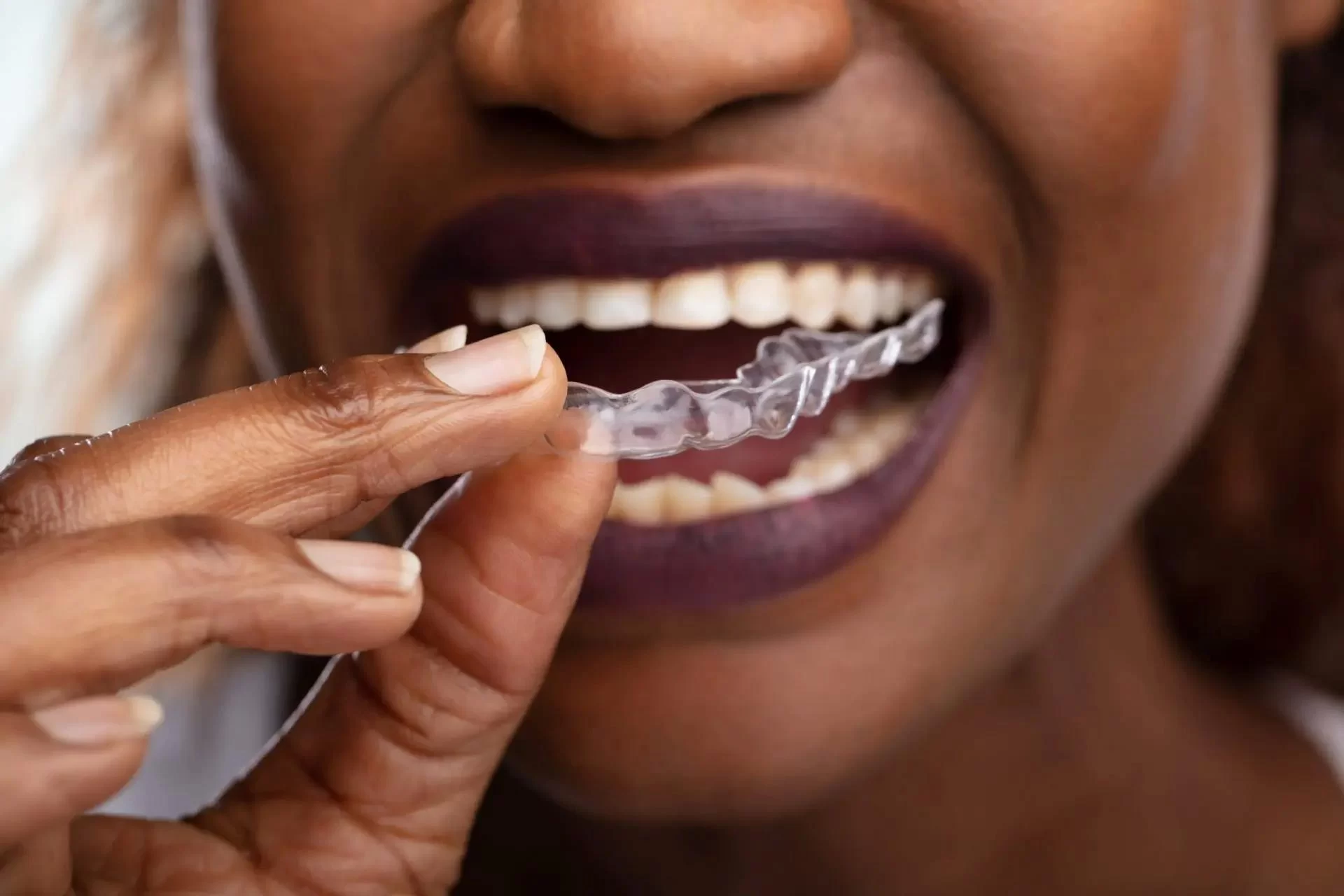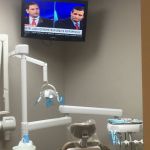
How to Stop Grinding Your Teeth at Night: Effective Solutions for Bruxism
- 1. Understanding Teeth Grinding (Bruxism)
- 2. Common Causes of Teeth Grinding at Night
- 3. Effective Methods to Stop Grinding Your Teeth
- 4. Treatment Options for Bruxism
- 5. How to Choose the Right Treatment for Teeth Grinding
1. Understanding Teeth Grinding (Bruxism)
Teeth grinding, also known as bruxism, is a common condition where individuals involuntarily clench or grind their teeth, often while they sleep. This condition can lead to a variety of dental problems, including tooth wear, jaw pain, and headaches. While it’s normal to grind your teeth occasionally, regular or chronic grinding can cause significant damage to your teeth and gums.
Understanding the symptoms and effects of bruxism is the first step in tackling the problem. If you wake up with a sore jaw, headaches, or even visible wear on your teeth, you might be dealing with bruxism.
2. Common Causes of Teeth Grinding at Night
Teeth grinding at night is often linked to several factors, including stress, anxiety, misaligned teeth, or even lifestyle habits. While stress is a major contributor, dental issues such as crooked teeth or missing teeth can also make you more prone to grinding.
In some cases, bruxism is linked to sleep disorders such as sleep apnea. Certain medications or caffeine consumption might also trigger grinding. Identifying the underlying cause of your teeth grinding is crucial for finding the most effective solution.
3. Effective Methods to Stop Grinding Your Teeth
If you’re looking to stop grinding your teeth at night, there are several approaches that might help. These methods include both lifestyle changes and dental interventions.
3.1. Stress Management Techniques
Since stress is one of the leading causes of teeth grinding, managing your stress levels can significantly reduce the frequency of grinding. Practices such as meditation, yoga, deep breathing exercises, or simply taking time to relax before bed can help calm your mind and reduce nighttime grinding.
3.2. Correcting Your Bite with Dental Devices
A common solution is to use a custom-fitted night guard. These dental devices are designed to protect your teeth from the damage caused by grinding. Wearing a night guard while you sleep can prevent your teeth from touching and reduce the pressure on your jaw muscles. For a more permanent solution, consulting with your dentist to assess your bite may help align your teeth and reduce grinding.
3.3. Avoiding Stimulants Before Bed
Avoiding substances like caffeine, nicotine, and alcohol before bedtime can help reduce the likelihood of teeth grinding. These substances can increase muscle tension and interfere with your sleep, making bruxism more likely.
4. Treatment Options for Bruxism
If at-home remedies aren’t effective, it may be time to explore professional treatment options. A dentist or healthcare provider can help tailor a treatment plan to your specific needs.
4.1. Botox Injections
In severe cases of bruxism, some individuals opt for Botox injections. Botox can relax the jaw muscles and reduce the urge to clench. This option is typically used for people who have not found relief from other treatments.
4.2. Cognitive Behavioral Therapy (CBT)
If stress or anxiety is contributing to your teeth grinding, therapy such as CBT can be highly effective. CBT helps address the mental and emotional triggers of bruxism, offering long-term relief by teaching you to manage stress in healthier ways.
4.3. Medication
In some cases, a doctor may recommend medications, such as muscle relaxants or sedatives, to help manage bruxism. These medications can be used on a short-term basis, particularly if stress is a major factor.
5. How to Choose the Right Treatment for Teeth Grinding
Choosing the right treatment depends on the severity of your teeth grinding, its underlying cause, and your personal preferences. If your bruxism is mild and stress-related, lifestyle changes like stress management and the use of a night guard might be sufficient. However, if your grinding is severe or caused by sleep apnea or other dental issues, a dentist may recommend additional treatments like Botox or therapy.
Consulting with a dental professional is essential in identifying the best approach to stop grinding your teeth at night. For more expert advice and recommendations on how to treat bruxism, visit Dentistry Toothtruth.
Teeth grinding at night doesn’t have to affect your health or smile. With the right treatment, you can protect your teeth and enjoy better sleep. Don’t wait to take action—learn more about solutions for bruxism today and discover the treatment that works best for you.







 Polaris Dental Care4.0 (170 review)
Polaris Dental Care4.0 (170 review) Emerald Dental4.0 (564 review)
Emerald Dental4.0 (564 review) Dr. Joanne Kim Orthodontics0.0 (0 review)
Dr. Joanne Kim Orthodontics0.0 (0 review) Family and Cosmetic Dentistry of Randolph, Dr. Anthony Fusco & Dr. Joseph Caravano5.0 (280 review)
Family and Cosmetic Dentistry of Randolph, Dr. Anthony Fusco & Dr. Joseph Caravano5.0 (280 review) All Seacoast Dental and Associates3.0 (38 review)
All Seacoast Dental and Associates3.0 (38 review) Salt Lake Smiles4.0 (153 review)
Salt Lake Smiles4.0 (153 review) The Importance of Oral Health Education During Pregnancy for a Healthy Pregnancy
The Importance of Oral Health Education During Pregnancy for a Healthy Pregnancy Best Tips for Brushing Your Teeth Properly for Healthy Gums: Essential Techniques for Oral Health
Best Tips for Brushing Your Teeth Properly for Healthy Gums: Essential Techniques for Oral Health Why Skipping Dental Checkups Can Lead to Bigger Oral Health Problems
Why Skipping Dental Checkups Can Lead to Bigger Oral Health Problems Advantages of Porcelain Dental Restorations
Advantages of Porcelain Dental Restorations How Can Diabetes Cause Tooth and Gum Problems? Preventing and Managing Oral Health Issues
How Can Diabetes Cause Tooth and Gum Problems? Preventing and Managing Oral Health Issues Healthy Habits for Promoting Good Oral Health and Hygiene: Tips for a Healthy Smile
Healthy Habits for Promoting Good Oral Health and Hygiene: Tips for a Healthy Smile